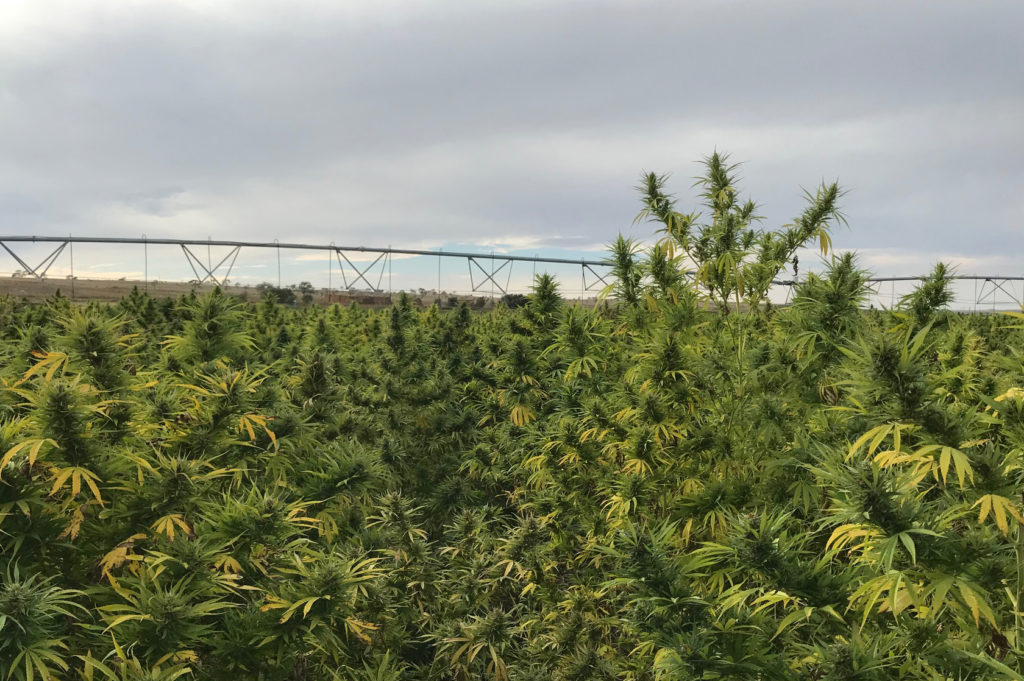Our Hemp & Tech services division offers comprehensive solutions to hemp growers, processors, product development and retail sales.
There is so much to say about Hemp so, what you need is a basic primer. The following will be brief in comparison to the great amount of information about Hemp in the market place.
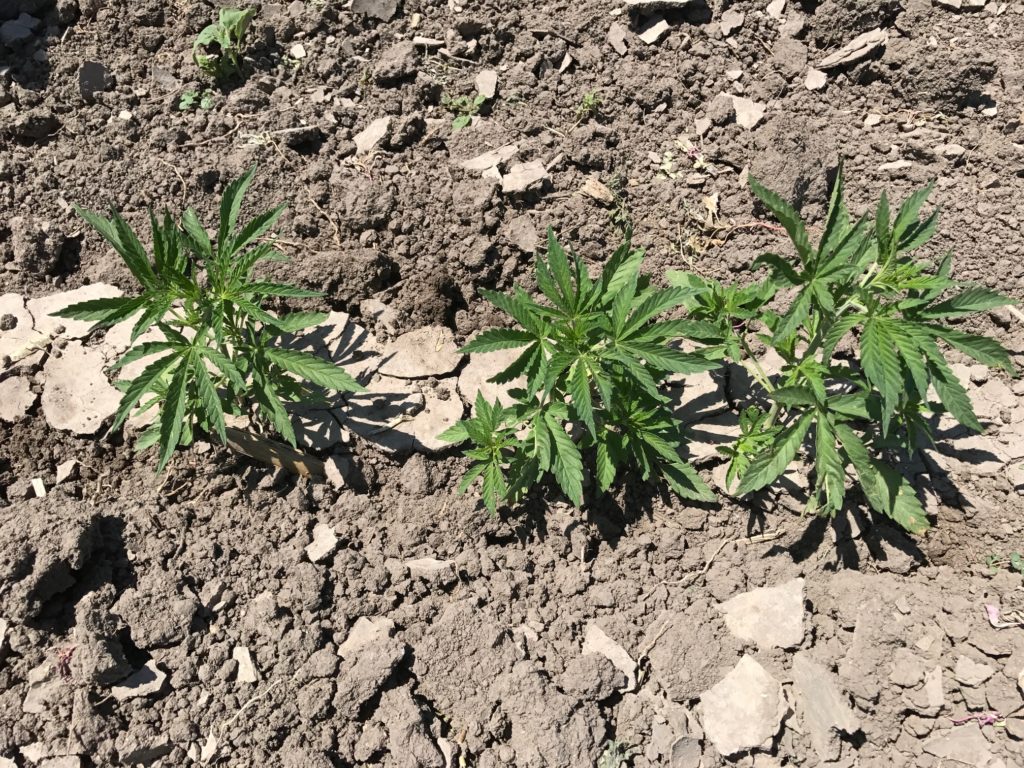
Are you one of those people on the fence about using Hemp products? We’re not talking about Cannabis Indica (Marijuana), but about Cannabis Sativa (industrial hemp) and the Cannabidiol (CBD) extract that is utilized from this plant, as well as a great many other products.
Regardless of what product you decided to be involved with, we can help. We have over 100 years of agricultural experience and have been seriously involved with Hemp since it was legalized to grow in its first state – Colorado. We were involved even before that due to our long-term strategy. As a matter of fact, we routinely extract CBD with a 65-70% content; the industry average is 50-54%!
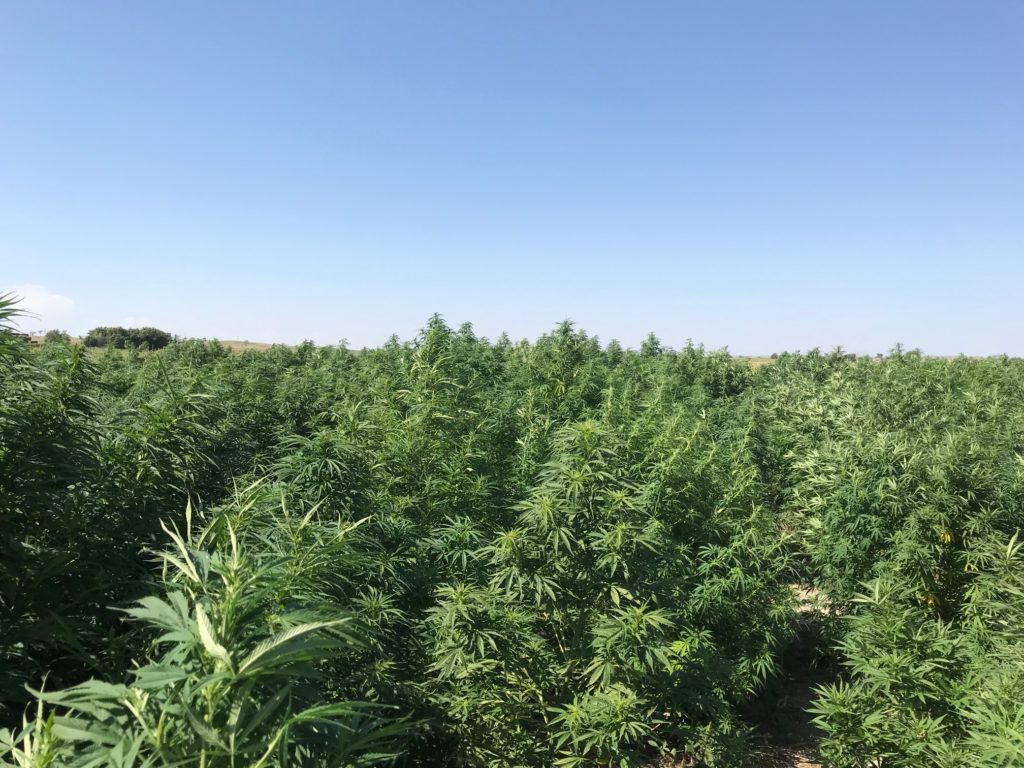
One of the reasons Hemp has been in the news so much of late is the passing of the National Farm Bill. One of its main products is Cannabidiol (CBD) in addition to a great many others. Cannabidiol from Hemp has become the rave in the past two years (2017-2018) and is included as an ingredient in a great many products, from face cream, to hemp-health tinctures, pain salves, liver aids, and many, many more. You can add a few drops in a protein shake, smoke it in a vape pipe or rejuvenate your skin with face lotions containing it. One of the primary reasons is that CBD has over 113 compounds that work synergistically with your body’s endocannabinoid system. This means that unlike a single focus drug such as a pain killer or antibiotic sold through the pharmaceutical industry, CBD becomes multi-focused creating a myriad of health improvements.
Thus, let’s give you a small primer. Hemp is a green crop, producing four times the amount of fiber per acre as forest and it can be planted year after year. In some climates, you can get four crops per year, which is equivalent to the fiber of 16 acres of forest. And, paper made from hemp is much stronger than paper made from wood. Did you know that the U.S. Constitution is written on hemp paper?
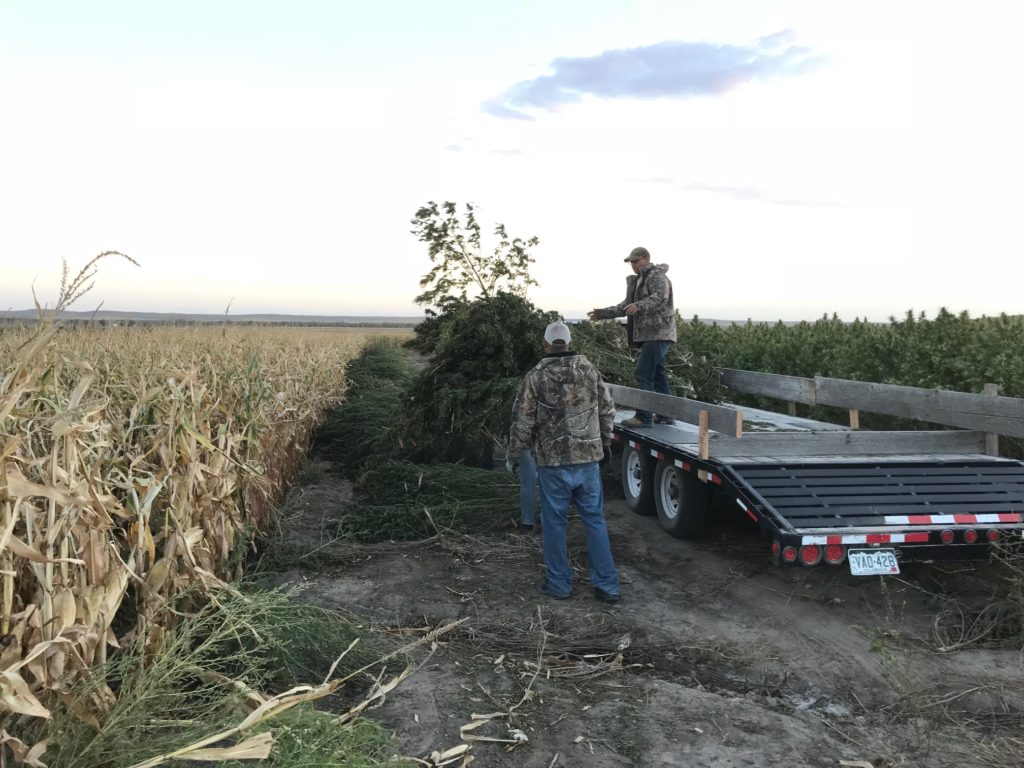
Industrial Hemp should not be mistaken with marijuana, but so many do. For example, CBD extracts have no THC, which is that part of a cannabis plant that is psychoactive. Instead, CBD varieties of hemp are specially bred to conform to the USDA policy limiting them to a content of less than .3% THC, this can be written as 0.003% thus, you can observe how very little THC is in these plants, instead, they are very high in CBD, which has health benefits beyond belief. Our Hemp & Tech Services division specializes in the total production of Hemp, its extraction to CBD products and all areas of the industry. We like to call ourselves from “Farm to Door.”
You may be asking what can hemp be used for?
Since before the pyramids, humans have used parts of the hemp plant for food, textiles, paper, cloth and fabric, and fuel oil. The modern processing technologies we have today make it possible to create alternatives to gasoline, plastic, and other petroleum products that can lessen our reliance on fossil fuels.
As mentioned above, hemp is a renewable resource that can be produced domestically. It grows quickly, almost like a weed and requires far less water and energy than plants like corn, it naturally resists plant diseases, requires little weeding, thrives in almost all climates, and enriches the soil.
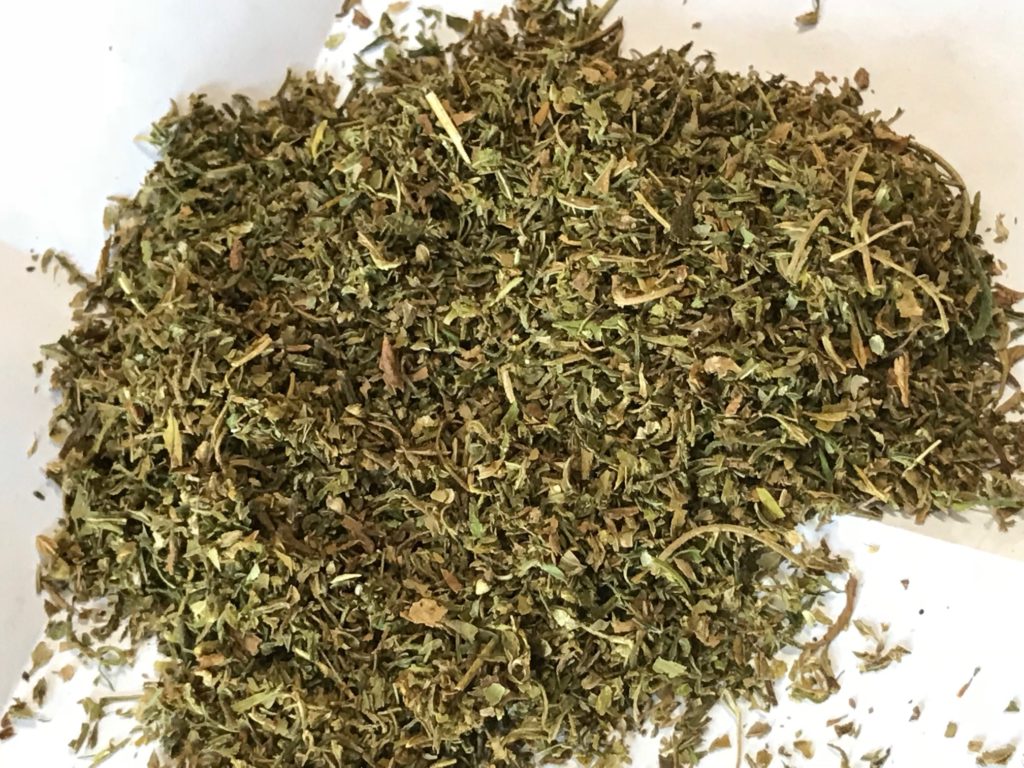
Important Applications of Hemp
Food and Nutrition
Hemp seeds are an excellent source of protein, minerals, and dietary fiber. Also, hemp is the only plant that contains all the essential fatty acids and amino acids required by the human body. Imagine that! Likewise, Hemp is good for animals; as a matter of fact, some veterinarians recommend including hemp in the diets of pets and livestock. Hemp foods are becoming more and more popular as the public discovers the nutritional benefits and culinary uses of hemp. But this is not all, there’s so much more to this plant.
Body Care
Because of the high content of beneficial oils and natural emollient properties, hemp has become a common ingredient in lotions and many other skin, hair, and cosmetic products. It has been found to be a good alternative to the chemicals present in many petroleum-based lotions and cosmetics.
Paper
Hemp is an ideal material for making paper – as mentioned above, the U.S. Constitution is printed on hemp paper. Hemp regenerates in the field in four months (unlike trees which can take 10-30 years or more to become harvest-able after planting). Imagine how stable global forests would become in relation to growth and greenhouse gases if most of our fiber for paper and other wood products were derived from hemp! Historically, hemp has been used to make paper for thousands of years. Hemp paper quality is superior to wood-derived paper and is naturally acid free. Plus, it does not become yellow and brittle or disintegrate over time like conventional paper.

Fabric, Textiles, and Rope
Hemp can be used to make a variety of fabrics just like cotton but is more durable. Hemp is also excellent for making rugs and other textiles. The word canvas comes from the Latin word for hemp.
The oldest known woven fabric was made from hemp and not only that; Levi Strauss’ original denim jeans, the first American flag, and the Constitution were all made from hemp. It was a common material for clothing until the cotton industry gained strength in America. Hemp is the traditional rope making fiber due to its flexibility, strength, and resistance to water damage. In past centuries, hemp was extremely important to the Navy, the shipping trade, and fishing because it was used to make ropes, rigging’s, nets, and sails.
Fuel
For hundreds of years, hemp oil was used as lamp oil. It slowly began to be phased out in the U.S. in the 1870s when petroleum was introduced. But it is longer burning that petroleum oil.
Today, hemp oil can be used to create bio-fuels like ethanol from corn and thus, to replace gasoline for diesel engines. Unlike fossil fuels, bio-fuels are renewable and produce less of the greenhouse gas carbon monoxide.
Plastics and Plastic Alternatives
Standard plastic is made from fossil fuels using what many consider as toxic chemicals. Almost everything we buy is wrapped in cellophane – our landfills are filled with it. A variety of alternatives to plastic can be made from hemp. As an example, in 1941, Henry Ford held a media event where chopped a prototype car body made from hemp and other plant material to prove its strength. The technology was never put into mass production, cars continued to be made of steel, and plastics made from petrochemicals became the norm.
Hemp’s Past and Future
We haven’t even discussed the health benefits of hemp yet, but you are likely asking “If hemp is so useful and practical, why hasn’t everyone heard of it?”
Building Materials
Hemp based materials can replace wood and other materials used to build homes and other structures including foundations, walls, shingles, paneling, pipes, and paint. Not only that, the insulation ability of hemp will strengthen the structure of these buildings and reduce energy use due to hemp’s insulation factor. As an example, modern hemp building materials Hempcrete and Isochanvre are lightweight, waterproof, fireproof, self-insulating, and resistant to pests.
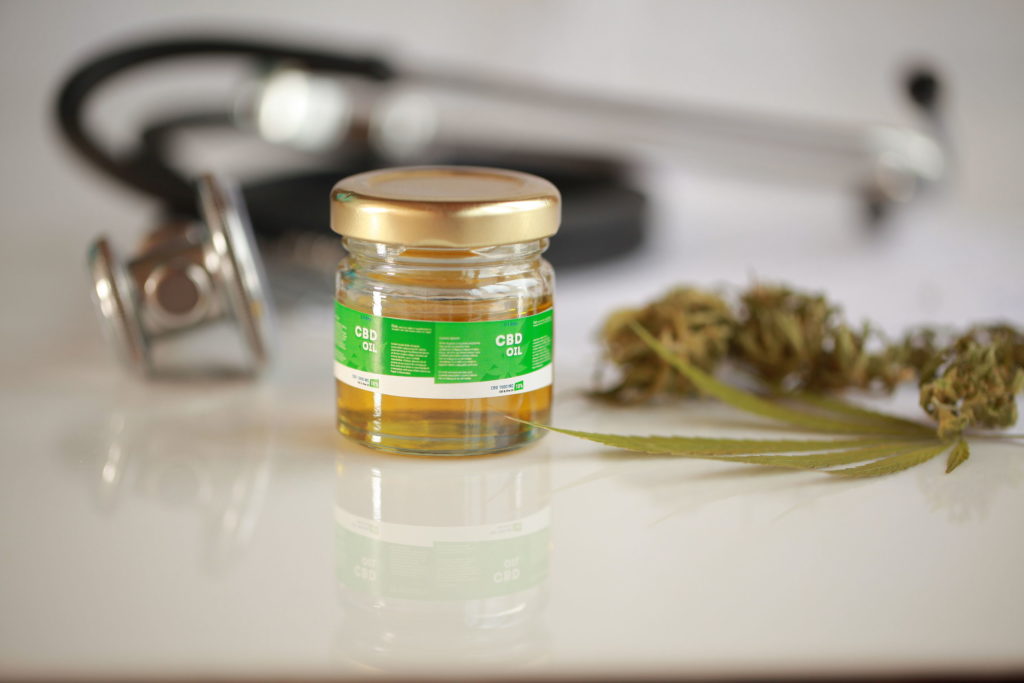
Health Benefits of Hemp and CBD
Stating there is a lot of hype around CBD is an understatement. Cannabidiol is showing promise as a pain reliever, epilepsy treatment (the FDA’s first approved, CBD-based drug for Alzheimer’s was approved summer 2018), and for wasting disease associated with cancer. And, this is only a few of the areas supported by research.
The answer is political. Since 1937 in the United States, growing hemp was largely prohibited and there is a great fear around it due to its resemblance to marijuana. Historically, hemp was always important in America, especially during the 1770s – several of our founding fathers grew it on their estates. Primary among them was Thomas Jefferson who said, “Hemp is of first necessity to the wealth and protection of the country.” Ironically, there were times in the U.S. when farmers were legally required to grow it. During World War Two, the American government encouraged farmers to grow it to help aid the war effort. This was short lived due to pressure from the forest industry, and as mentioned above, hemp was outlawed. Ironically, in Canada, the cultivation of hemp has been allowed by the federal government since 1998. As hemp becomes a growing agricultural sector in Canada and other countries, particularly Europe, the availability of hemp-based products will continue to grow worldwide. This means that health benefits from hemp will also continue to expand.
The above is just a basic primer. However, if you’re in the market to grow, extract, sell, or vertically integrate a Hemp business, we can help you do it the best. After all, we’ve been involved since the beginning. Whether large or small, we can help your extraction and other Hemp business(s) grow exponentially. Please contact us for more information.
